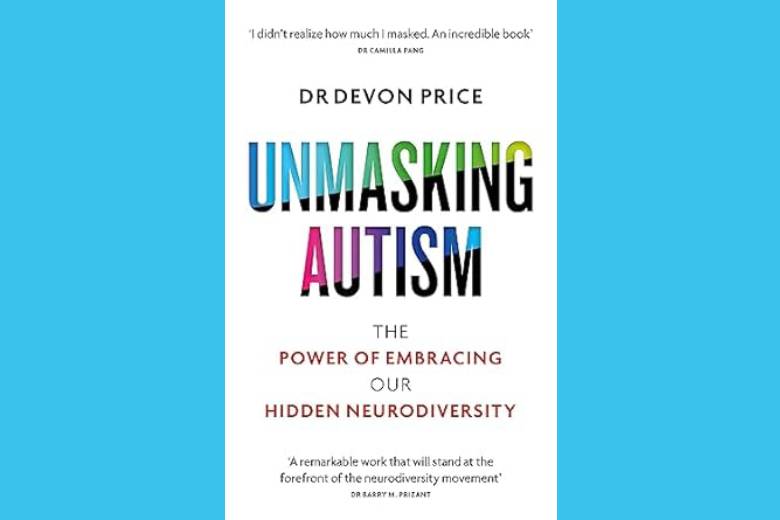Understanding and awareness of autism have grown significantly in recent years, leading to more resources and support available for individuals who may be undiagnosed or misdiagnosed. Yet there is still much to learn, particularly within the realm of ‘masked’ lives and the damage it can do.
Devon Price, Ph.D., an author, Assistant Professor at Loyola University Chicago’s School of Continuing and Professional Studies, and proud autistic person, has written an important and timely book which, as Dr Barry M Prizant states: “Unmasking Autism is at once a most deeply personal and scholarly account of the damage caused by autistic (and all) people leading masked lives, and how unmasking is essential to creating a self-determined, authentic life.”
For every autistic person you meet, there are innumerable individuals with autism who engage in ‘masking’ or ‘camouflaging’, where they consciously or unconsciously imitate social behaviours to fit in or appear more ‘typical’. This can make it harder for others, including medical professionals, to recognise their autism.
“Reading this felt like being at home – I didn’t realise how much I masked”
Combining pioneering research, personal insights, and practical exercises for self-expression, Dr Price examines the phenomenon of ‘masking’, making a passionate argument for radical authenticity and non-conformity. Unmasking Autism is a strong call to action that provides readers with the tools they need to discover their actual selves and construct a new society where everyone may live on their own terms.
Dr Camilla Pang, the author of Explaining Humans, commented: “Reading this felt like being at home – I didn’t realise how much I masked. What an incredible book that I know will be re-read many times over.”
An accessible and compassionate work, Unmasking Autism encourages readers to embrace a new understanding of themselves, with its potential to help masked people making this book an essential read for those with a friend, family member, or even a student or work colleague who is living with undiagnosed autism.

















